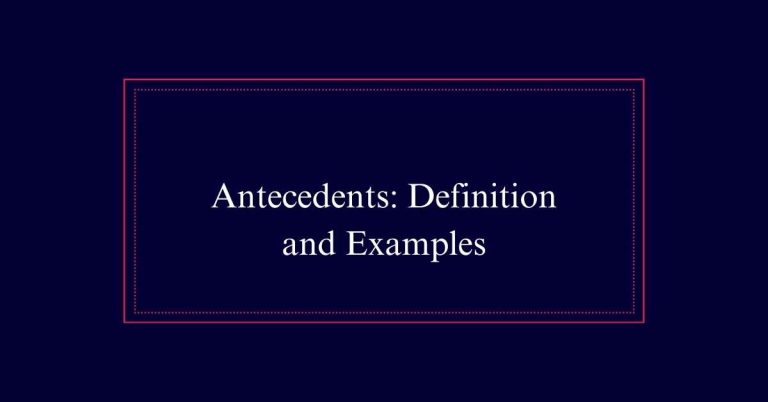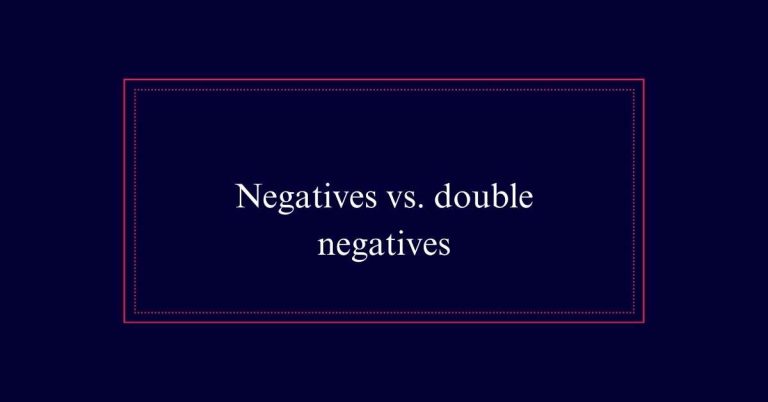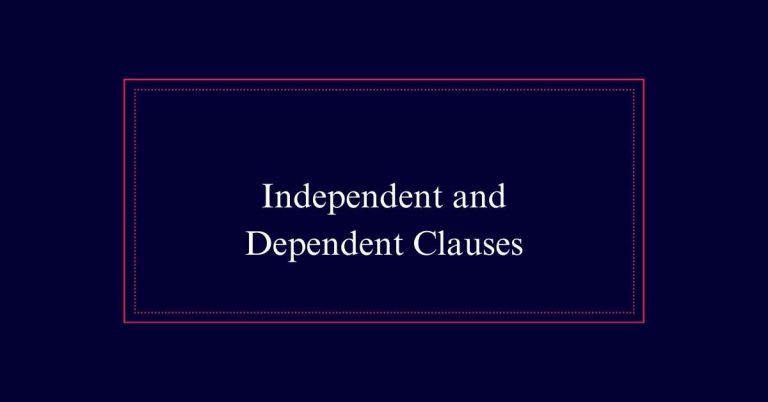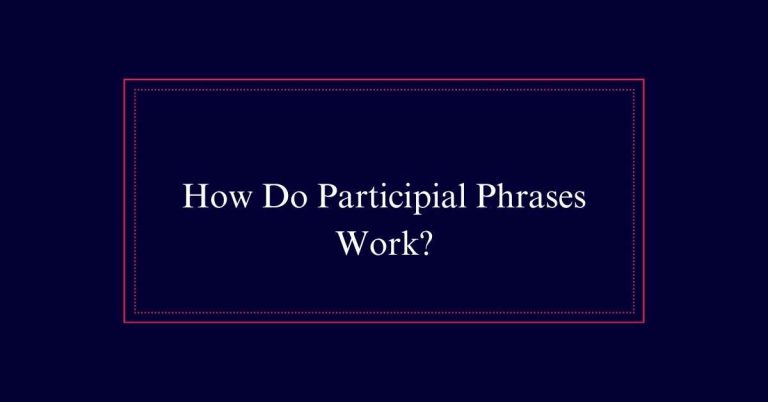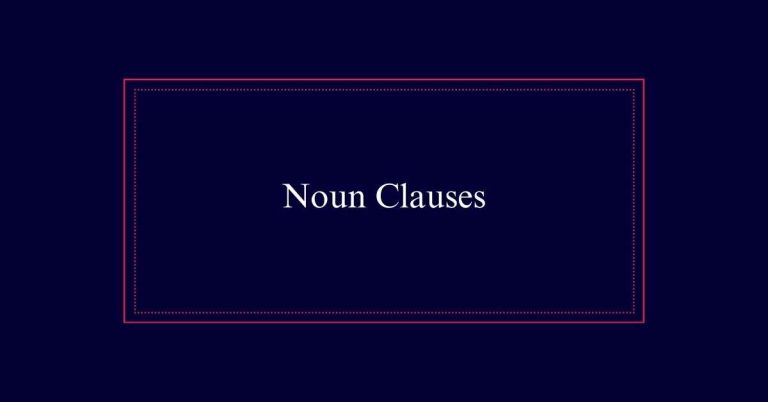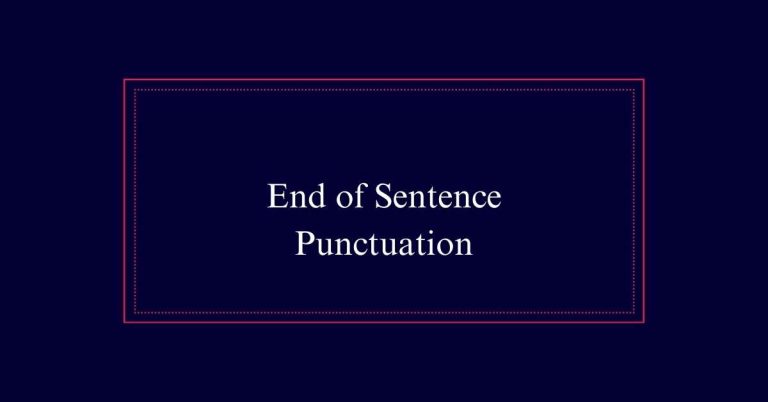Qualifiers: Rules and Examples
Qualifiers add precision, detail, and context to statements, modifying the meaning, intensity, and scope of words. They appear as adjectives, adverbs, or phrases, and include examples like “very,” “quite,” and “extremely.” Qualifiers should be placed close to the word they modify to avoid confusion. They can indicate magnitude, time, or relative quality. For instance, “very tired” increases intensity, while “sometimes happy” specifies frequency.
Understanding Qualifiers
Understanding qualifiers involves recognizing their role in modifying and specifying the meaning of other words within a sentence. Qualifiers add precision and detail, altering the intensity or scope of a statement.
For instance, the phrase ‘He is an intelligent student’ becomes more specific with qualifiers: ‘He is a somewhat intelligent student’ or ‘He is the most intelligent student.’ Qualifiers can also indicate frequency or time, such as ‘He is sometimes talkative‘ versus ‘He is always talkative.
Types of Qualifiers
Qualifiers come in various forms, each serving to modify different aspects of a sentence. They can indicate magnitude, such as ‘somewhat’ or ‘most,’ to show different degrees of a quality.
Time qualifiers like ‘sometimes,’ ‘always,’ and ‘usually’ specify frequency. Relative quality qualifiers, such as ‘best’ or ‘worst,’ compare aspects within a category.
Additionally, qualifiers can describe conditions or intensities, like ‘barely,’ ‘almost,’ or ‘entirely.’ Each type adds nuance and specificity to writing, ensuring that the intended message is clear and precise.
Modifying Magnitude
Modifying magnitude allows writers to specify the degree or extent of a quality, making descriptions more precise. By using qualifiers, writers can convey subtle differences in intensity. For instance, saying “He is a somewhat intelligent student” differs from “He is the most intelligent student.” These distinctions help readers understand the exact level of a quality.
Here’s a table to illustrate how qualifiers modify magnitude:
| Base Sentence | Modified Sentence with Qualifier | Degree of Magnitude |
|---|---|---|
| He is intelligent. | He is somewhat intelligent. | Low |
| She is talented. | She is very talented. | High |
| The book is interesting. | The book is extremely interesting. | Very High |
| This task is challenging. | This task is slightly challenging. | Moderate |
| The weather is cold. | The weather is unbearably cold. | Extreme |
Specifying Time
Building upon the concept of modifying magnitude, qualifiers can also specify the timing of actions or qualities in a sentence. These temporal qualifiers provide context about when something occurs or how often it happens.
For example, ‘He is sometimes talkative’ indicates occasional talkativeness, while ‘He is always talkative’ suggests a constant state. Other common time-related qualifiers include ‘usually,’ ‘rarely,’ and ‘never.’ Each of these words modifies the verb to give a clearer picture of frequency or timing.
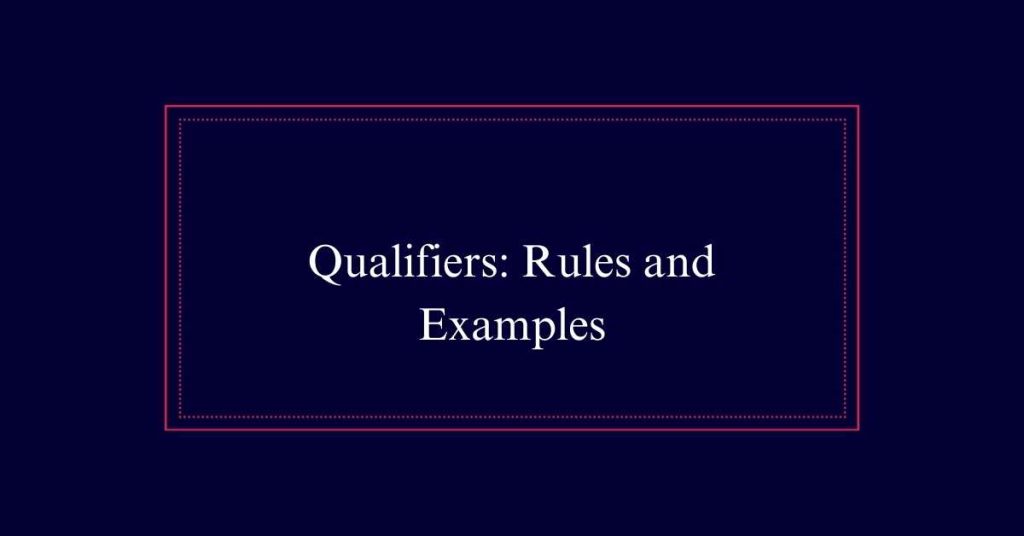
Using such qualifiers helps readers understand the temporal aspect of actions or characteristics, adding depth and precision to the writing. Proper use of these qualifiers enhances clarity and helps convey the intended message more effectively.
Indicating Quality
In writing, indicating the quality of something can be effectively achieved through the use of specific qualifiers. Qualifiers help to express the degree or extent of a particular quality, providing a clearer, more nuanced understanding. For instance, consider the difference between “good,” “better,” and “best.” Each word conveys a different level of quality.
Below is a table showcasing examples of how qualifiers can indicate varying qualities:
| Base Quality | Moderate Quality | Extreme Quality |
|---|---|---|
| Good | Quite good | Exceptionally good |
| Clean | Fairly clean | Immaculately clean |
| Tasty | Moderately tasty | Incredibly tasty |
Avoiding Overuse
To maintain the quality of writing, it is crucial to avoid overusing qualifiers. Frequent use of words like ‘very,’ ‘really,’ and ‘sort of’ can make writing seem lazy and unrefined.
Instead of saying ‘this pasta dish is very good,’ consider ‘this pasta dish is superb.’ This choice makes the statement stronger and more precise.
Overusing qualifiers can dilute the impact of your message. For example, saying ‘I’m feeling sort of sick’ lacks the clarity of ‘I’m feeling nauseated.’ By choosing more accurate words, you enhance the readability and professionalism of your writing.
Aim for a balance where qualifiers add value without overwhelming the text. This careful approach will improve the overall quality of your writing.
Enhancing Writing Quality
While avoiding the overuse of qualifiers is important, their skillful use can greatly enhance the quality of your writing. Qualifiers help to provide nuance, making your statements more precise and engaging.
For instance, saying ‘He is an exceptionally talented musician’ is more impactful than simply stating ‘He is a talented musician.’ The qualifier ‘exceptionally’ adds depth and specificity.
Additionally, qualifiers can evoke emotions and create vivid imagery. For example, ‘The sunset was somewhat breathtaking’ gives readers a clearer picture than just ‘The sunset was breathtaking.’
However, balance is key. Overloading your writing with too many qualifiers can dilute your message. Thoughtful placement of qualifiers guarantees clarity while enriching your narrative, making your writing both compelling and effective.
Varied Qualifiers
Utilizing a diverse range of qualifiers can greatly enrich your writing. Different qualifiers offer nuanced meanings and shades of expression, making your text more engaging and varied.
For instance, instead of always using ‘very,’ try ‘extremely,’ ‘considerably,’ or ‘remarkably.’ This prevents monotony and showcases linguistic versatility. Employing varied qualifiers also demonstrates a strong command of language and creativity.
It allows you to convey precise emotions and descriptions, enhancing the reader’s experience. By carefully choosing different qualifiers, you can add depth and clarity to your writing.
Avoid falling into the trap of repetitiveness. Instead, explore the rich landscape of qualifiers to keep your writing fresh and dynamic. This approach will indubitably captivate and maintain your audience’s interest.
Impact on Tone
The choice of qualifiers can greatly influence the tone of a piece of writing. Qualifiers can make language sound more precise or more vague.
For instance, ‘He is somewhat talented’ sounds less confident than ‘He is talented.’ This subtle shift affects how the reader perceives the subject. The tone can become more cautious, assertive, or even skeptical depending on the qualifiers used.
Overuse of certain qualifiers like ‘very’ or ‘really’ can make the writing seem lazy or unrefined. Conversely, thoughtful use of qualifiers can add nuance and depth.
For example, ‘She is usually punctual’ implies occasional lapses, adding complexity to the character’s description. Therefore, the right qualifiers shape the tone and clarity of the message.
Strategic Use
Strategically using qualifiers can enhance the clarity and impact of your writing. They allow writers to convey precise meanings and adjust the intensity of statements. However, it is important to use them wisely to avoid ambiguity and redundancy. Consider the following table for examples:
| Context | Without Qualifier | With Qualifier |
|---|---|---|
| Magnitude | He is intelligent. | He is somewhat intelligent. |
| Time | She is talkative. | She is usually talkative. |
| Quality | I am having their pasta. | I am having their best pasta. |
| Feeling | I feel sick. | I feel slightly sick. |
How Do Qualifiers Fit into Different Word Classes in Grammar?
Qualifiers play a crucial role in every word class in grammar. These words help to add specificity or restrict the meaning of other words. Whether it’s in nouns, verbs, adjectives, or adverbs, qualifiers are essential for communicating nuances and modifying the function of different word classes in grammar.
Frequently Asked Questions
How Do Qualifiers Differ From Intensifiers?
Qualifiers modify the extent or frequency of a quality (e.g., “somewhat intelligent”). Intensifiers amplify the degree of an attribute (e.g., “very intelligent”). Both affect meaning but serve different functions in enhancing or specifying statements.
Can Qualifiers Be Used in Formal Writing?
Yes, qualifiers can be used in formal writing. They help provide clarity, specify details, and add nuance. Using them appropriately enhances the precision and depth of the content without compromising the professionalism of the writing.
Are There Qualifiers That Should Be Avoided Altogether?
Certain qualifiers should be avoided altogether, such as ‘very,’ ‘too,’ ‘really,’ and ‘sort of.’ These can weaken statements and make writing appear lazy. Instead, choose precise words to convey the intended meaning more effectively.
What Role Do Qualifiers Play in Persuasive Writing?
Qualifiers play an important role in persuasive writing by adding nuance and precision. They help in emphasizing key points, creating a more compelling argument, and engaging the reader by adding depth and clarity to the message.

